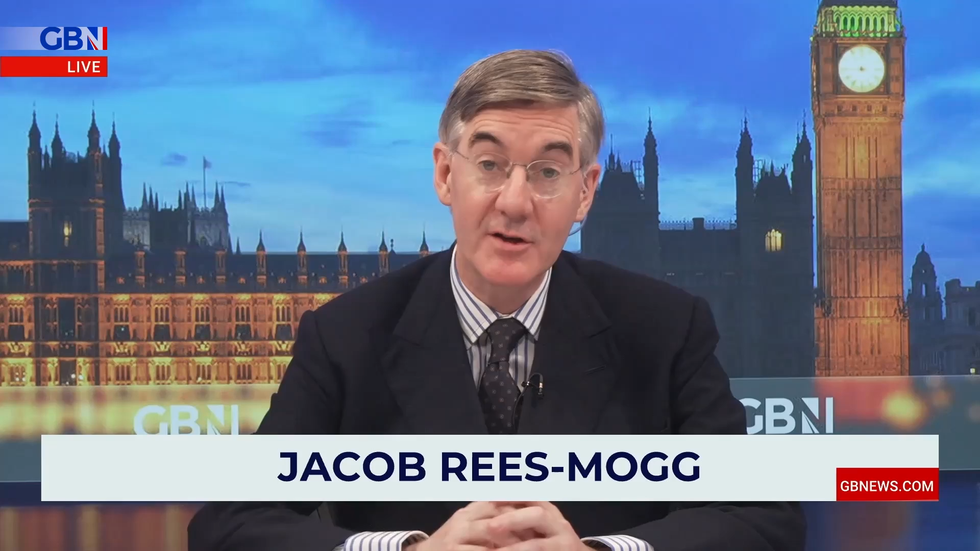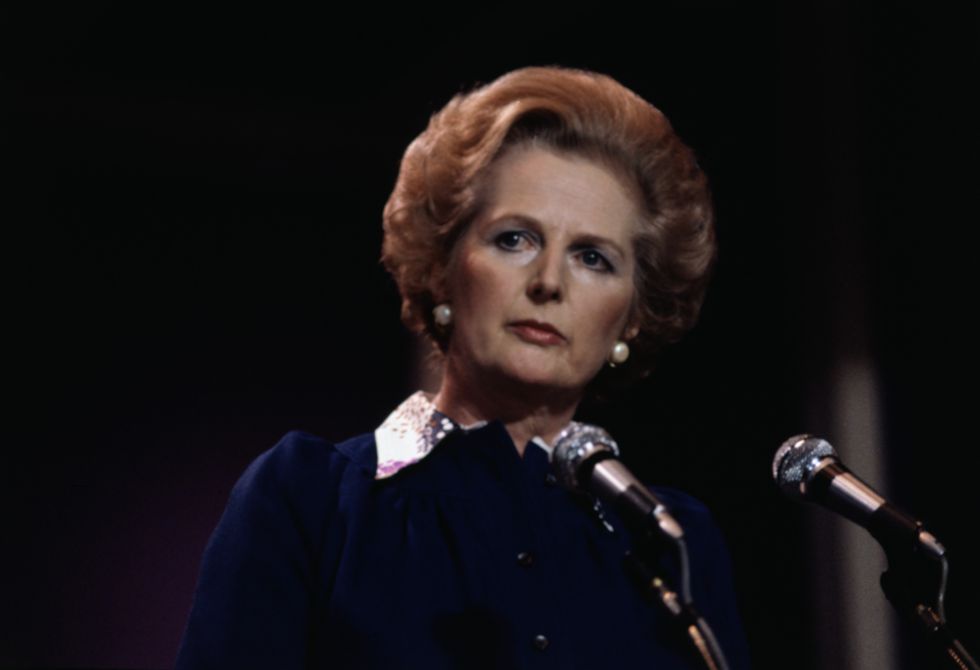Today marks 50 years since Margaret Thatcher became Leader of the Conservative Party, the first female leader of a major political party in the Western world.
When she became the Tory leader in February 1975, few could have predicted the fundamental impact she would have, not just on Britain, but on the world stage. Going on to win three consecutive general elections, she was a revolutionary force who embodied conviction politics at its finest. As she famously declared: “I am not a consensus politician. I’m a conviction politician.”
Margaret Thatcher’s journey to the top was anything but easy, and happened in spite of widespread scepticism, even from her own beloved husband, Denis, who muttered, “Heath will murder you.”
But the then-Mrs Thatcher was never one to back down from a challenge. She thrived on debate and dissent, stating with characteristic confidence, “I love argument. I love debate. I don’t expect anyone just to sit there and agree with me—that’s not their job.”

Jacob Rees-Mogg paid tribute to Margaret Thatcher today
GB NEWS
In the eyes of many, it was her refusal to conform that made her such a formidable force.
Her premiership, beginning in 1979, was marked by groundbreaking policies that changed the face of Britain. From the sale of council houses to privatisation and a crackdown on trade unions, she reshaped the economy and society, waging a lifelong battle against the evils of socialism.
Her belief in “rolling back the frontiers of the state” epitomized her economic philosophy. And when the pressures mounted, as they did in 1980 with soaring unemployment, she famously stood her ground.
On the global stage, she found a kindred spirit in U.S. President Ronald Reagan. Together, they championed the fight against communism, cementing the special relationship between the UK and the U.S. The Soviets dubbed her the “Iron Lady,” a nickname she wore with pride.
Her legacy in the United States has not gone amiss; Republican Presidential candidate Nikki Haley invoked the spirit of Lady Thatcher in a 2023 primary debate:
Two pivotal events defined her time as prime minister—
 Margaret ThatcherGETTY
Margaret ThatcherGETTY
The Falklands War in 1982 and the miners’ strike of 1984-85.
Victory in the Falklands demonstrated her decisive leadership, while her handling of the miners’ strike highlighted her fierce commitment to economic reform.
But Thatcher was more than just a tough politician. She had a philosophical side too, quoting St. Francis of Assisi upon her 1979 election victory: “May we bring hope”
Thatcher’s impact extended beyond economics and politics. She shattered glass ceilings, becoming the first female prime minister in British history.
She did something to herself few could ever achieve: proved she was wrong. Her understanding of the challenges women faced was clear when she remarked:
“Any woman who understands the problems of running a home will be nearer to understanding the problems of running a country.”
Her departure from office in 1990 was dramatic—the culmination of cabinet betrayals that she described as “treachery with a smile on its face.” Yet even after leaving Number 10, she remained a towering figure in British and global politics. Leaders from across the political spectrum, including Labour’s Gordon Brown, admired her conviction. Mr Brown commissioned a portrait of her, acknowledging her role in bringing “meaningful change” to the UK, one which the Reverend Starmer famously had removed after taking office last year.
Margaret Thatcher was a leader who embodied strength, determination, and vision. She knew what the people she represented wanted and how to give it to them. She defined them as her people, and she stood for those who worked hard and sought to better themselves as she had done. She was ideological because her ideology worked and she clearly saw the failure of airy-fairy socialism.
It was this pragmatic approach that defined her legacy.
There’s no denying Margaret Thatcher’s impact was monumental, and left an indelible mark on history. At the end of her period in office, the nation was richer, stronger and the victor in the cold war. The Iron Lady forged a path that reshaped Britain and left an indelible mark on history. And as we reflect on her remarkable journey, we are reminded of her simple yet powerful declaration: “I fight on; I fight to win.”